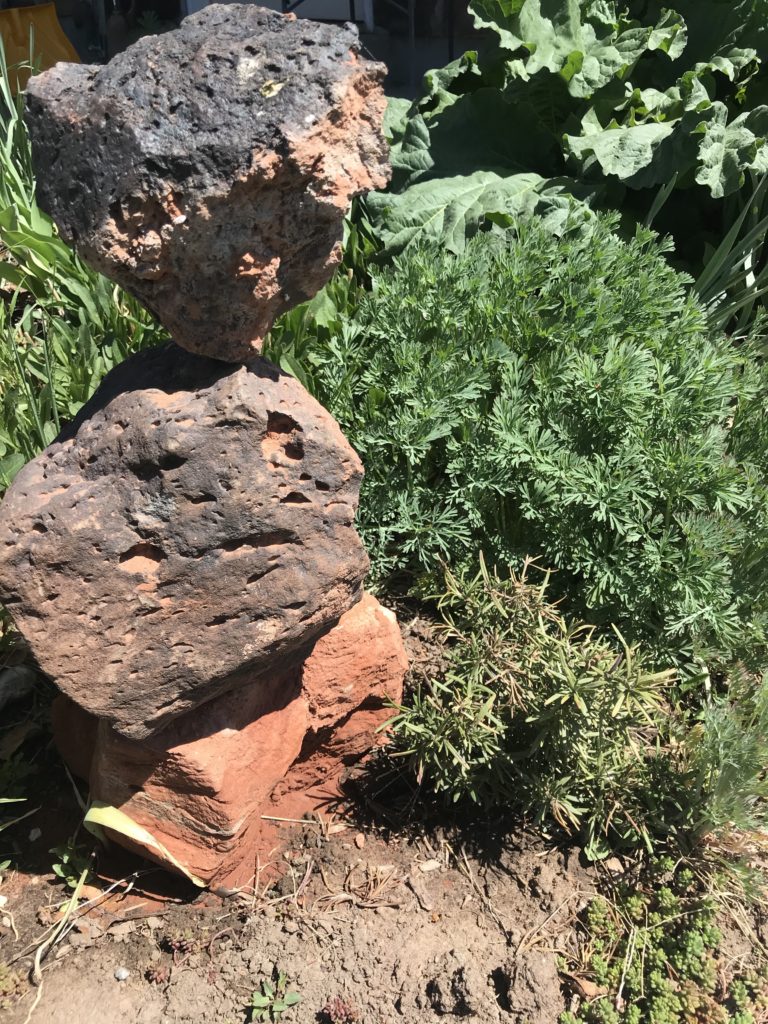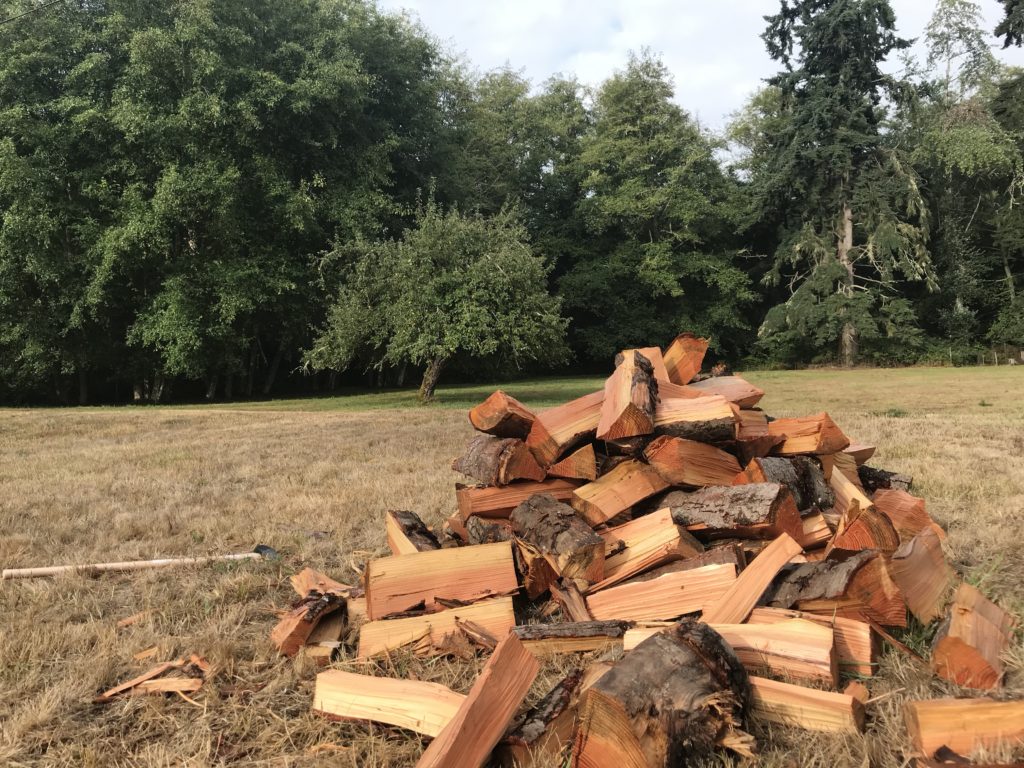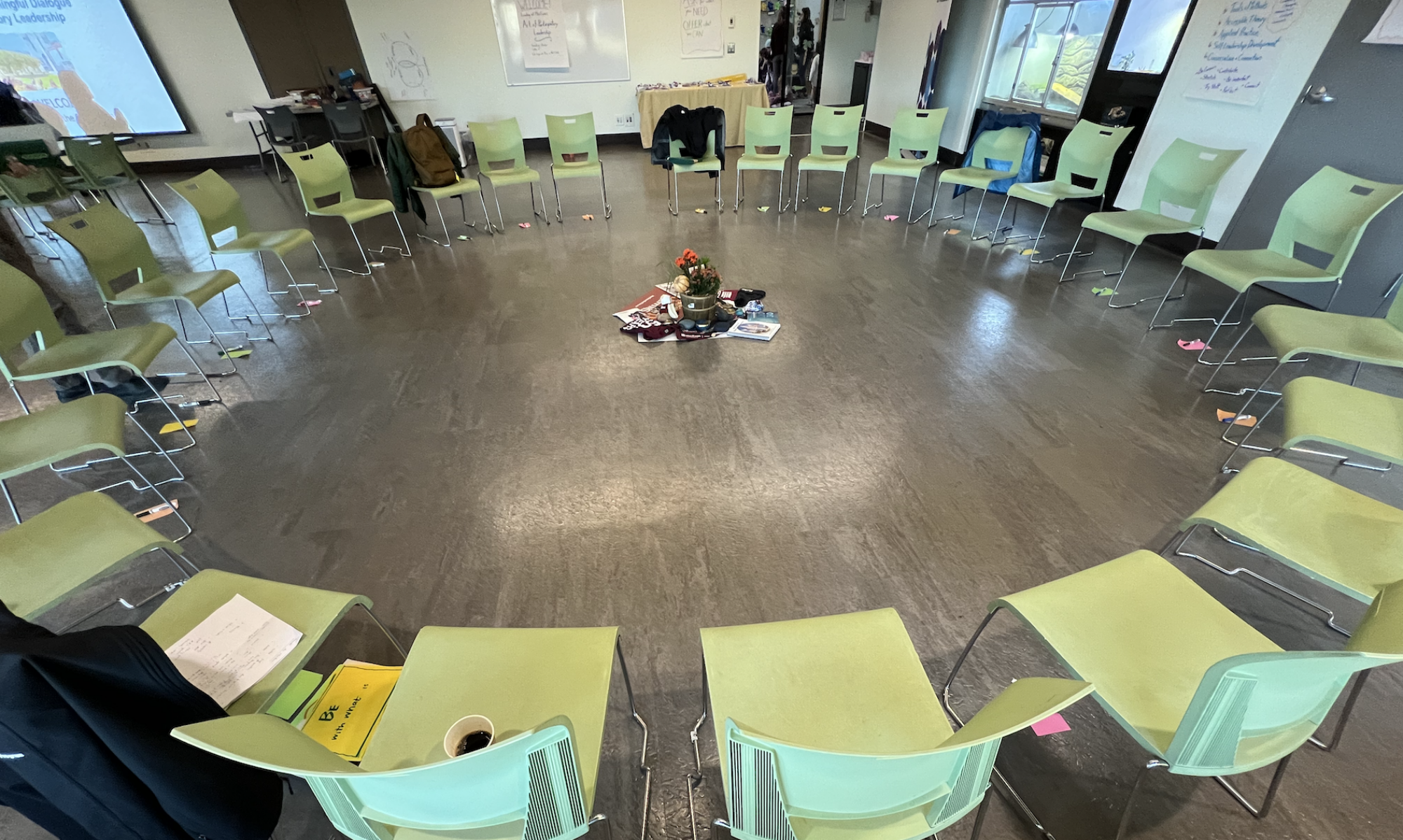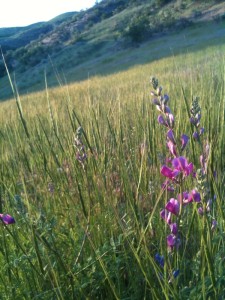Living Systems
My early learning with Margaret Wheatley and Myron Rogers was that organizations are living systems. Not machines. This distinction is simple but significant. Living systems have a way of organizing themselves. Like ant hills, termite mounds, schools of fish, flocks of geese. Machines don’t. They need to be controlled, primarily by rules that predict cause and effect. Living systems have a way of organizing themselves into higher levels of complexity amidst chaos, randomness, experiments. Machines need predictability and consistency. The basic invitation that guided that work then and my work now comes from this question:
“If we could learn more about
how living systems organize themselves,
how might that change the way
we organize human endeavor?”
Self-Organization
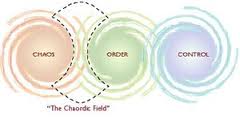
In the early part of Harrison Owen’s book, Wave Rider, he talks about Open Space Technology. This is what Harrison is largely known for. A founder and discoverer of a methodology and way of being. The part that I really love in that book is that he names the last 25 years of his life, not as a commitment to Open Space Technology, but as an experiment in self-organization. When applied to human systems, self-organization relates to working from an essential identity, a self, a purpose, with multiple ways of connecting people in relationship and sharing of information together. This is different than the assumption that most of us have been raised with, presuming that without control, order will not happen. This is related to what theoretical biologist Stuart Kauffman wrote in his books — “order is for free.” Beyond the order that we impose upon systems and people, there is an order that naturally arises, out of chaos, among interactions within a system. People find meaning, direction, commitments by engaging with one another. This key framing stands “scaling” on its head, the opposite of what most of us have been trained to think.
Emergence
My friend Chris Corrigan offers a great, simple working definition of emergence in human systems.
“Emergence is what happens
when everyone leaves the party
with something that nobody brought.“
Margaret Wheatley talks about it another way, as the “perfect storm.” When elements come together to produce something that none of us could have predicted just by looking at the individual components. Again from Meg,
“In all living systems (which includes us humans),
change always happens through emergence.“
Large-scale changes that have great impact do not originate in plans or strategies from on high. Instead, they begin as small, local actions. While they remain separate and apart, they have no influence beyond their locale. However, if they become connected, exchanging information and learning, their separate efforts can suddenly emerge as very powerful changes, able to influence a large system. This sudden appearance, known as an emergent phenomenon, always brings new levels of capacity. Three things are guaranteed with emergent phenomena. Their power and influence will far exceed any sum of the separate efforts. They will exhibit skills and capacities that were not present in the local efforts. And their appearance always surprises us.”
